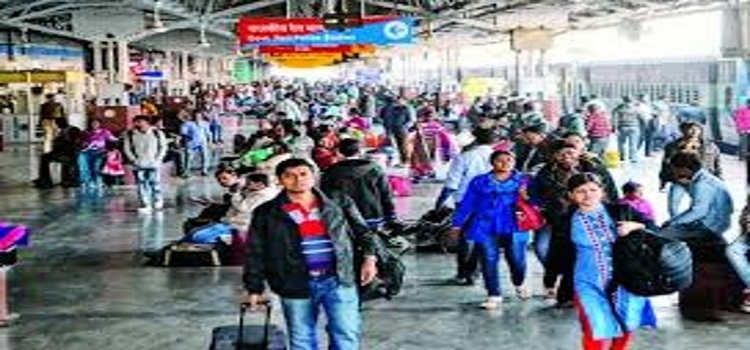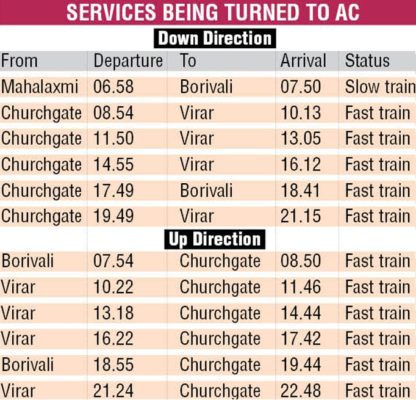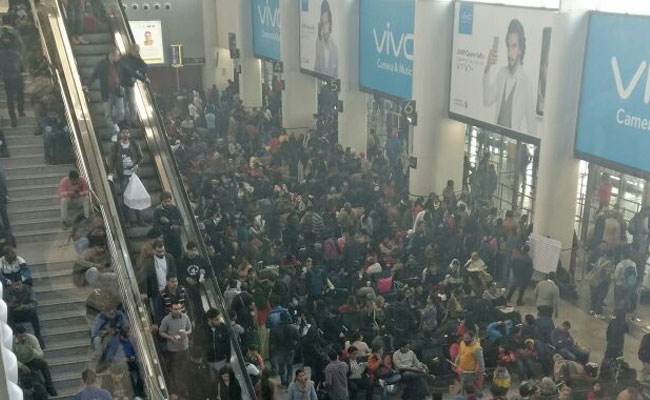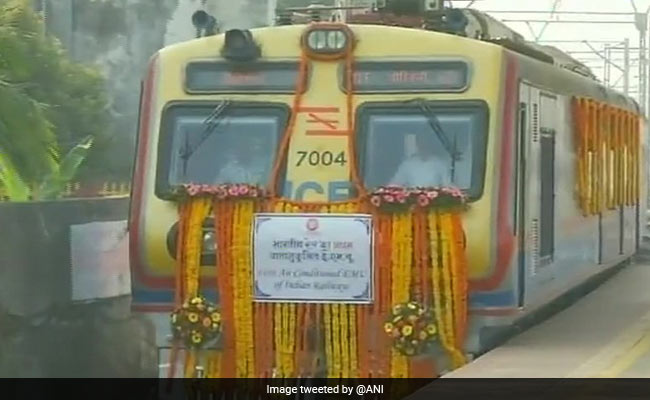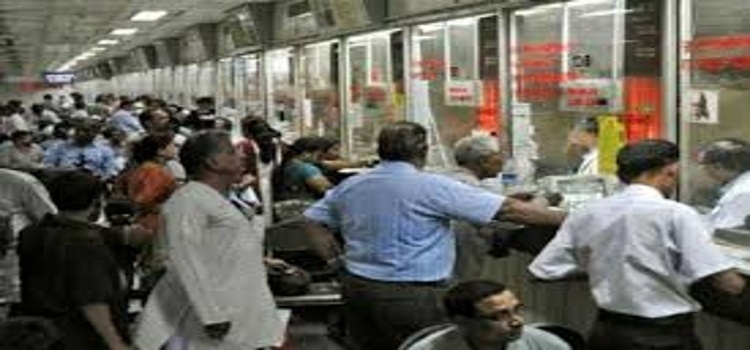
A parliamentary panel has expressed concern over the huge number of ticketless travellers in the railways and said the national transporter could “ill-afford” the substantial losses on this count.
In its report on vigilance in the railways, tabled in Parliament last week, the Railway Convention Committee also rued the fact that recoveries made from ticketless travellers do not correspond with number of such persons detected during the period, but stopped short of saying there was corruption involved.
“The committee are deeply concerned to note the huge number of persons detected travelling without or with improper tickets in Indian railways during the year 2016-2017.
“They are equally concerned to find the amount of railway dues realised from the ticketless travellers during the same period,” the report said.
To illustrate the point, the report states that Rs 935.64 crore was collected from more than two crore ticketless travellers during 2016-2017 across railway zones, the highest being made in Northern Railway (26.40 lakh).
It was followed by South Central (25.86 lakh) Central Railway (24.24 lakh), Western Railway (20.24 lakh), East Central Railway (18.62 lakh), North Central Railway (16.56 lakh) and North Eastern Railway (12 lakh), the report said.
It also said that other than these zones, all other zones reported single digit detection of ticketless travellers.
Usually, as per rules, ticketless travellers are supposed to pay base fare plus Rs 250 towards compounding action as fine. Those entering on platform without mandatory ticket also have to pay Rs 250, besides the platform ticket price, as fine.
Though the report does not give any number regarding actual losses, for two crore ticketless travellers, the railways should have recovered a minimum of Rs 500 crore, with the fine being Rs 250.
While the Northern Railways made maximum detections, it was Central Railway which tops the list for the recovery amount at Rs 125.13 crore.
Northern Railway made a recovery of Rs 116.52 crore, followed by Western Railway with Rs 84.09 crore, East Central Railway with Rs 72.52 crore and North Eastern Railway with Rs 60.80 crore.
The committee said that all other railway zones made recoveries of less than Rs 50 crore.
The report states that while the railways has identified defaulting zones where number of checks conducted are less or the ticket checking earnings are low, more needs to be done.
It has suggested the national transporter step up its monitoring mechanism to detect ticketless travellers.
“The committee desire that the monitoring mechanism be stepped up to ensure special drives and surprise checks to detect ticketless travellers as the railways can ill afford to lose substantial money on this count”, the report said.

